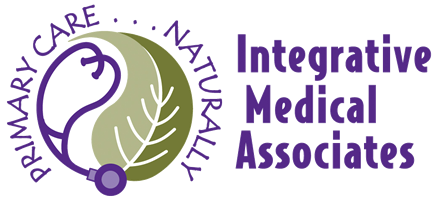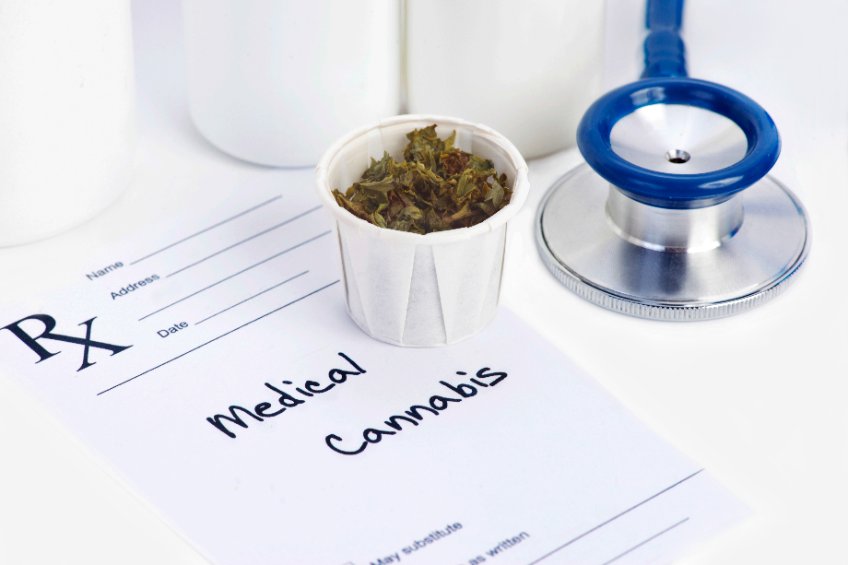
Blending Natural Medicine and Conventional Therapies
(520) 297-9664
Medical Marijuana
Medical Marijuana May Be Prescribed For the Following Conditions:
Medical Marijuana May Be Prescribed For The Following Conditions:
- Amyotrophic Lateral Sclerosis (ALS)
- ALS pre-clinical data indicates that cannabis may have a powerful anti-oxidant effect plus anti-inflammatory in neuro-protective effects.More information.
- Crohn’s Disease
- Patients with inflammatory bowel diseases like chron’s and ulcerative colitis may benefit from the plant-derived cannibinoids which may help block intestinal permeability, allowing good bacteria to colonize.More information.
- Cancer
- The journal, Molecular Cancer Therapeutics, found that cannabidiol stops cancer by turning off a gene called ID-1, inhibiting cancerous cell growth.More information.
- Seizures, including but not limited to, seizures associated with epilepsy.
- Muscle spasms, including but not limited to, spasms associated with Multiple Sclerosis.
- Endocannabinoids may help mediate and protect brain cells. More information.
- Human Immunodeficiency Virus (HIV) or Acquired immune Deficiency Syndrome (AIDS)
- AIDS patients whom have signs and symptoms of cachexia or wasting syndrome did better with THC utilization. Appetite was increased along with decrease in various pain syndromes.More information.
- Severe nausea
- Cannabidiol has been shown to relieve nausea in patients who did not respond to traditional antiemetic medications.More information.
- Severe or chronic pain, including but not limited to, pain associated with Rheumatoid Arthritis or chronic migraines
- THC binds with receptors in the brain that produce an analgesic effect. It may also reduce anxiety experienced by some people dealing with chronic pain. More information.
- Glaucoma
- Medical Marijuana may reduce intraocular pressure in patients with glaucoma.More information.
- Hepatitis C
- Modest cannabis use may offer symptomatic and virological benefits and reduce interferons side effects. More information.
- Agitation of Alzheimer’s Disease
- Researchers at the Scripps Research Institute in California found that THC may prevent the formation of “Alzheimer plaques” in the brain more effectively than commercially marketed drugs. More information.
Amyotrophic Lateral Sclerosis (ALS)
- ALS pre-clinical data indicates that cannabis may have a powerful anti-oxidant effect plus anti-inflammatory in neuro-protective effects.More information.
Crohn’s Disease
- Patients with inflammatory bowel diseases like chron’s and ulcerative colitis may benefit from the plant-derived cannibinoids which may help block intestinal permeability, allowing good bacteria to colonize.More information.
Cancer
- The journal, Molecular Cancer Therapeutics, found that cannabidiol stops cancer by turning off a gene called ID-1, inhibiting cancerous cell growth.More information.
Seizures
- Seizures, including but not limited to, seizures associated with epilepsy.
Muscle spasms
- Muscle spasms, including but not limited to, spasms associated with Multiple Sclerosis.
- Endocannabinoids may help mediate and protect brain cells. More information.
Human Immunodeficiency Virus (HIV) or Acquired immune Deficiency Syndrome (AIDS)
- AIDS patients whom have signs and symptoms of cachexia or wasting syndrome did better with THC utilization. Appetite was increased along with decrease in various pain syndromes.More information.
Severe Nausea
- Cannabidiol has been shown to relieve nausea in patients who did not respond to traditional antiemetic medications.More information.
Severe or chronic pain
- Including but not limited to, pain associated with Rheumatoid Arthritis or chronic migraines – THC binds with receptors in the brain that produce an analgesic effect. It may also reduce anxiety experienced by some people dealing with chronic pain. More information.
Glaucoma
- Medical Marijuana may reduce intraocular pressure in patients with glaucoma.More information.
Hepatitis C
- Modest cannabis use may offer symptomatic and virological benefits and reduce interferons side effects. More information.
Agitation of Alzheimer’s Disease
- Researchers at the Scripps Research Institute in California found that THC may prevent the formation of “Alzheimer plaques” in the brain more effectively than commercially marketed drugs. More information.
Your Health Starts Here
Flexible appointments and urgent care.
Or call — 344 532 2352
Better Health Care is Our Mission
(520) 297-9664
Hours
Monday: By Appointment Only
Tuesday: 9am – 5pm
Wednesday: 9am – 5pm
Thursday: 9am – 5pm
Friday: 9am – 3pm
Closed for Lunch 12pm – 1pm
info@drsadilek.com

7468 N. La Cholla Blvd., Tucson, AZ 85741
Copyright Integrative Medical Associates © June 4, 2025 - Site designed by 800biz Ninja Marketing
